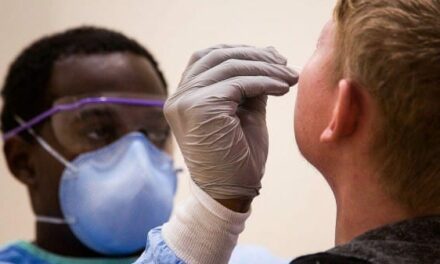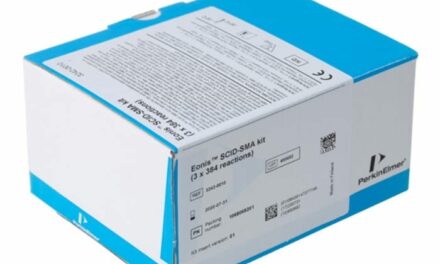The Bill and Melinda Gates Foundation has made a grant of $885,000 to Mologic, Thurleigh, UK, and the Bioaster Technology Research Institute, Lyon, France, for work to develop diagnostics for neglected tropical diseases.
Specifically, the grant is for a project to develop a field-appropriate advanced rapid diagnostic for onchocerciasis—commonly known as ‘river blindness’—one of the 10 infections prioritized for elimination by 2020 by the World Health Organization and by signatories of the 2012 London Declaration on Neglected Tropical Diseases.
Onchocerciasis is a debilitating disease caused by the parasitic worm Onchocerca volvulus. It is transmitted to humans through exposure to repeated bites of infected blackflies, and is found mainly in sub-Saharan Africa, where 26 million people are infected and 200 million people are at risk of contracting the disease.
Currently, onchocerciasis elimination programs rely primarily on mass drug administration of ivermectin to eliminate transmission of O. volvulus. A field-appropriate rapid diagnostic test is urgently needed to eliminate transmission of this devastating disease in low-income countries.
In partnership with Mologic, Bioster will develop and clinically evaluate a prototype test for the detection of O. volvulus antibodies in human blood with high specificity. Bioaster will develop innovative recombinant antigens and engineered anti-IgG4 antibodies, and will have access to Mologic’s high-sensitivity lateral-flow technology through the company’s center for advanced rapid diagnostics. The use of such a platform will allow for the deployment of an easy-to-use test at the point of need, thus eliminating the requirement for sending patient samples to a laboratory for analysis.
“We are honored to become a Bill and Melinda Gates Foundation grantee for wetlab activities on such a key issue,” says Nathalie Garçon, CEO and CSO of Bioaster. “We are proud to work on this ambitious collaborative project and to accelerate the emergence of new diagnostic solutions to fight against tropical infectious diseases. Researchers at Bioaster are fully committed to delivering innovative results for the benefit of populations and patients.”
“We are pleased to be working with Bioaster on this important project and to apply our technology and expertise,” says Joe Fitchett, DrPH, medical director for Mologic. “Together, we will create a simple and sensitive rapid diagnostic for onchocerciasis for use at the point of need. This will be the first of multiple projects in partnership with Bioaster for epidemics and neglected diseases.”
For more information, visit Mologic and Bioaster.
Featured image: Onchocerca volvulus, a roundworm nematoda that causes onchocerciasis, commonly known as ‘river blindness,’ in humans. 3-D illustration showing slender worm without a sheath around it and tail nuclei not extending to tip. Illustration © Katerynakon, courtesy Dreamstime (ID 116205655).







